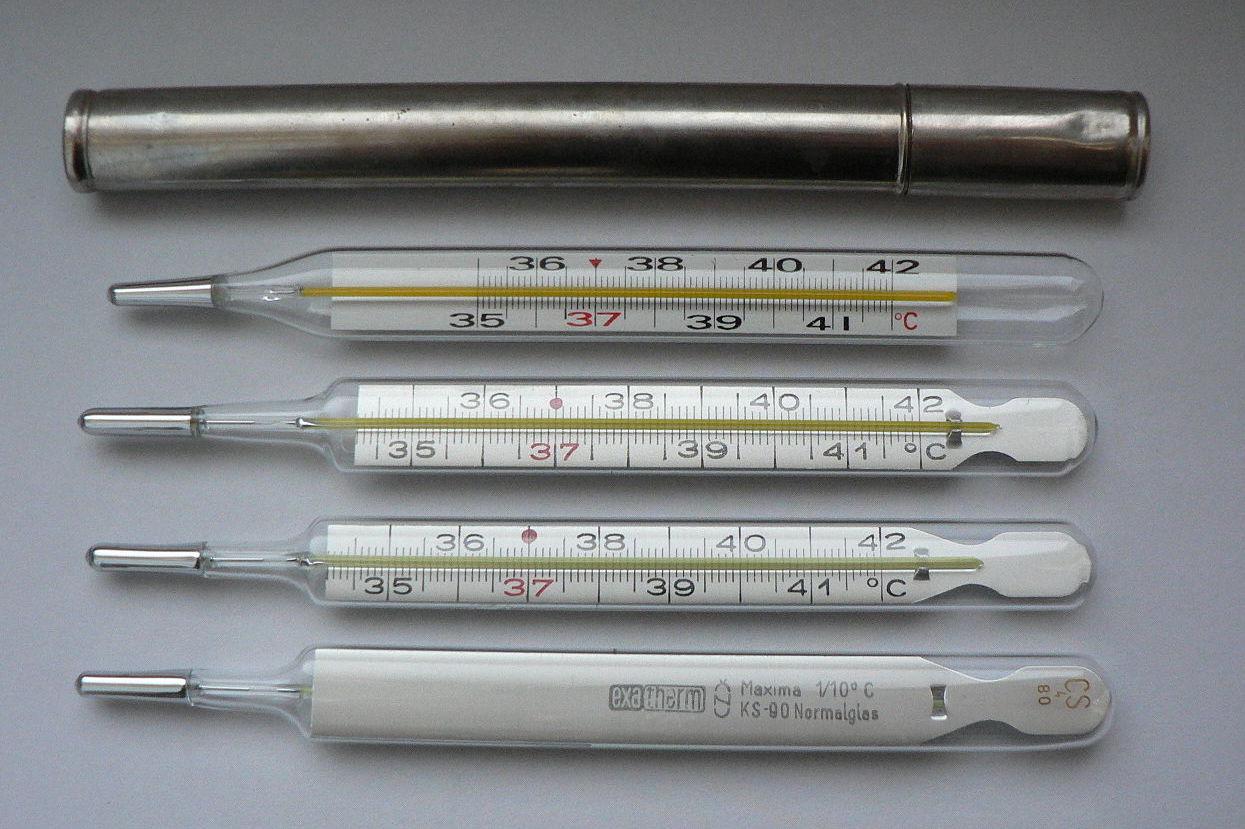D: Do you happen to have a thermometer, Yaël. I think I may have a fever.
Y: I'm sorry, Don. What size thermometer do you need?
D: Um, a regular‑sized one, probably. Why?
Y: Well, just in case you need a really small one ... such as a thermometer that's 20,000 times smaller than the width of a human hair.
D: I'm not sure why I would need such a small thermometer. Do such thermometers even exist?
Y: Yes, actually. Researchers at the University of Montreal have created a programmable thermometer made from DNA.
D: You mean the DNA molecule that encodes the genetic blueprint for all life?
Y: Yep, that's the one. Scientists have known for a while that DNA molecules can react to heat by unfolding. Some proteins and the RNA molecule behave similarly, and act as tiny thermometers in living organisms. Using these natural thermometers as models, the researchers created DNA structures set to fold and unfold at specific temperatures.
D: That sounds cool ... but why does it matter?
Y: Well, it matters because such tiny thermometers could help us better understand molecular biology. For example, we know that the inside of the human body has a temperature of around 98.6 degrees Fahrenheit. But what about inside individual cells? The researchers are also looking into whether organic nanomotors and machines inside cells overheat when running at a high rate. And finally, it may one day be possible to use DNA thermometers in electronic devices to monitor temperature fluctuations at the nanoscale.
D: Very cool indeed.









